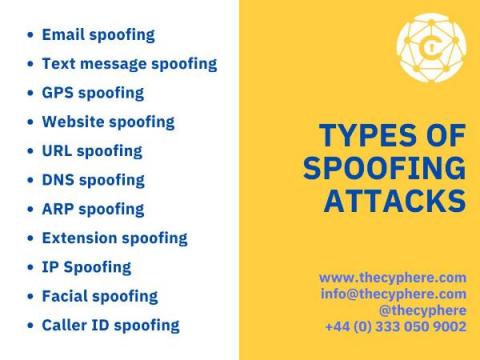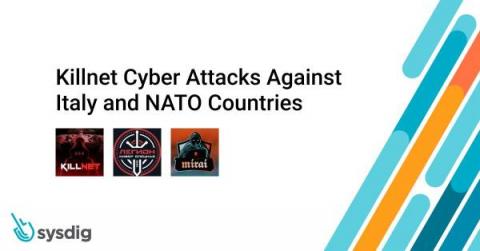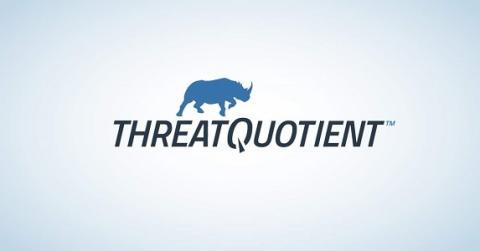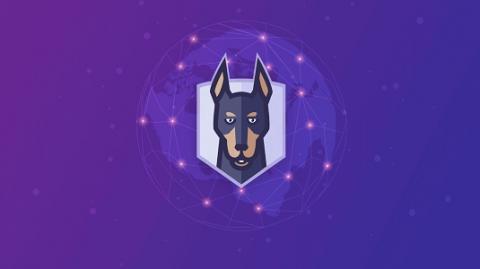Security | Threat Detection | Cyberattacks | DevSecOps | Compliance
Latest News
Best Practices for Securing Wireless Networks
Most organizations employ mobile computing, which utilizes wireless communications for staff members to perform day-to-day tasks with more ease. While some organizations have deployed enterprise security standards on their wireless networks, Trustwave SpiderLabs has observed some organizations deviating from security best practices when it comes to managing a wireless environment leaving these wireless networks as low-hanging fruit for attackers to abuse.
What is a spoofing attack? Types of spoofing and prevention measures
Spoofing attacks are on the rise. What is a spoofing attack, you ask? Essentially, it attempts to gain unauthorised access to systems, devices or networks by masquerading as a valid user. In other words, spoofing attackers try to mimic or copy the behaviour of authorised users to steal information or gain access.
A peek behind the BPFDoor
Threats knock on your door all the time. In this research piece, we explore BPFDoor — a backdoor payload specifically crafted for Linux in order to gain re-entry into a previously or actively compromised target environment. This payload has been observed across systems for five years, suggesting that the threat actors responsible for operating the malware have been around for some time and have likely operated undetected in many environments.
JFrog & Industry Leaders Join White House Summit on Open Source Software Security
There’s no question the volume, sophistication and severity of software supply chain attacks has increased in the last year. In recent months the JFrog Security Research team tracked nearly 20 different open source software supply chain attacks – two of which were zero day threats.
Killnet Cyber Attacks Against Italy and NATO Countries
On May 11, several Italian institutional websites, including the Italian Senate, the Ministry of Defense, and the National Institute of Health, were taken offline and unreachable for a few hours. This was day one of a multiday cyber attack, which targeted other Italian websites as well as other countries.
Westcon-Comstor launches own flexible payment solutions to drive partner success
ThreatQuotient Selected By Comcast To Support Cybersecurity Operations
Snyk Appoints Adi Sharabani as new Chief Technology Officer
Canadian privacy laws revisited: Is your organization staying ahead of the curve?
Illustrated by Dorathe Victor The Personal Information Protection and Electronic Documents Act (PIPEDA) is well-known if you are an organization based out of Canada. In place for more than 20 years, it sets out rules for how businesses should collect, use, and disclose personal information while dealing in commercial activities. Some pieces of personally identifiable information (PII) that are protected under PIPEDA are name, age, ID number, income, ethnic origin, blood type, and more.











